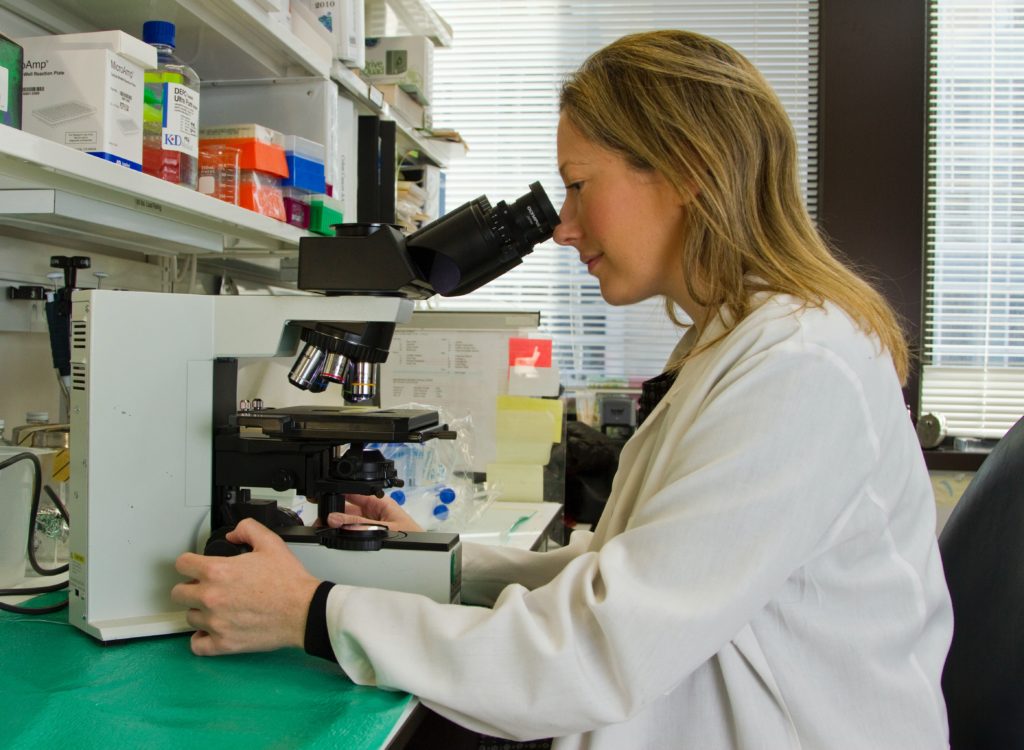
Vegan. Paleo. Low Carb. Keto. And no weight loss. You’ve tried a million diets and still none of them have worked. And apart from your determined diet and exercise, everybody is different, different down to their genetic makeup, which from a growing field of study called nutrigenomics, focuses on diet-gene interactions and their effect on the body overall.
What is nutrigenomics?
Also known as nutritional genomics, nutrigenomics is broadly defined as the relationship between nutrients, diet, and gene expression. In other words, your DNA plays an important role in how your body functions in relation to certain diets, foods, and nutritional elements.
Nutrigenomics emerged in the early 2000s after the Human Genome Project (HPG) was completed. Taking into account that genes play a role in health, the HPG helped scientists gain new insights into the connection between bioactive compounds in food and their impact on people’s genes.
What’s the difference between nutrigenetics and nutrigenomics?
Now you might have heard of nutrigenetics somewhere along the lines of nutrigenomics and while they often get mixed up, they are a bit different. The influence of nutrients on f genes expression is called nutrigenomics, while the heterogeneous response of gene variants to nutrients, dietary components and developing nutraceuticals is called nutrigenetics. In other words, nutrigenetics examines how your body responds to nutrients based on your genetics while nutrigenomics is the study of how genes and nutrients interact at the molecular level.
How does nutrigenomics help?
Nutrigenomics is a growing field that has received increased attention over the past decade. While nutrigenomics is still an early field of study, what you eat won't exactly change the sequence of your DNA, but your diet has a profound effect on how your body’s expression of your genes plays out. With any diet, personalized nutrition is always best and nutrigenomics takes into account each person's individual gene makeup. Nutrigenomics has been shown to improve weight loss for those who have genetic risk alleles for obesity.
Does it really work?
Ultimately, genetic testing and nutrigenomics should only be used as one piece of a nutrition plan to give a holistic, personalized diet and health assessment. Nutrigenomics is a relatively new field of study and somewhat debated as a definite association between certain genes and several diet-related diseases is lacking due to lack of nutrigenomic studies. Our bodies are complex systems whose responses go much further than solely genetic factors. We all have our own unique response to the foods we eat, and even identical twins can respond very differently to the same meals.
